Photo Essay: The world of unpaid care and domestic work in the former Yugoslav Republic of Macedonia
Date: 14 June 2017
Women predominantly shoulder the enormous – and economically essential – burden of unpaid care and domestic work in the former Yugoslav Republic of Macedonia, as is the case globally. Women also occupy jobs that pay less and provide no benefits.
UN Women displayed this photo exhibition as part of the Conference on "Unpaid care work, Gender inequality and the Promise of the Care Economy” on 14-15 June in Skopje.
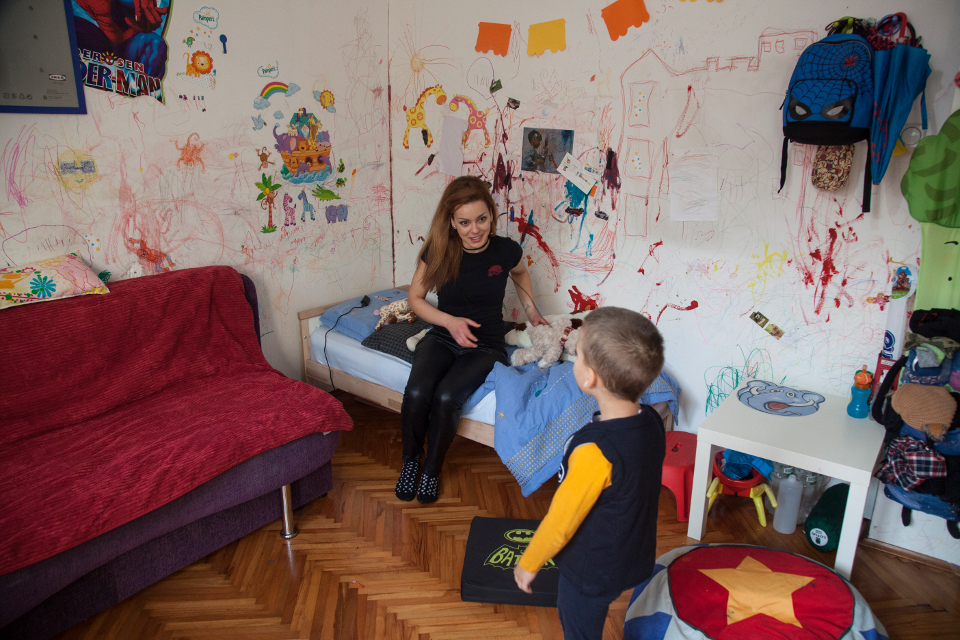
Doroti Pachkova, President of the Association of single mothers "One Can," provides support to single mothers in legal matters, as well as emotional support to those in need. She is a single mother herself. "There is still stigmatization of single mothers in Macedonia, it's very hard for a single mother to find a new partner. Most of us are obliged to return to our parental homes," she says.
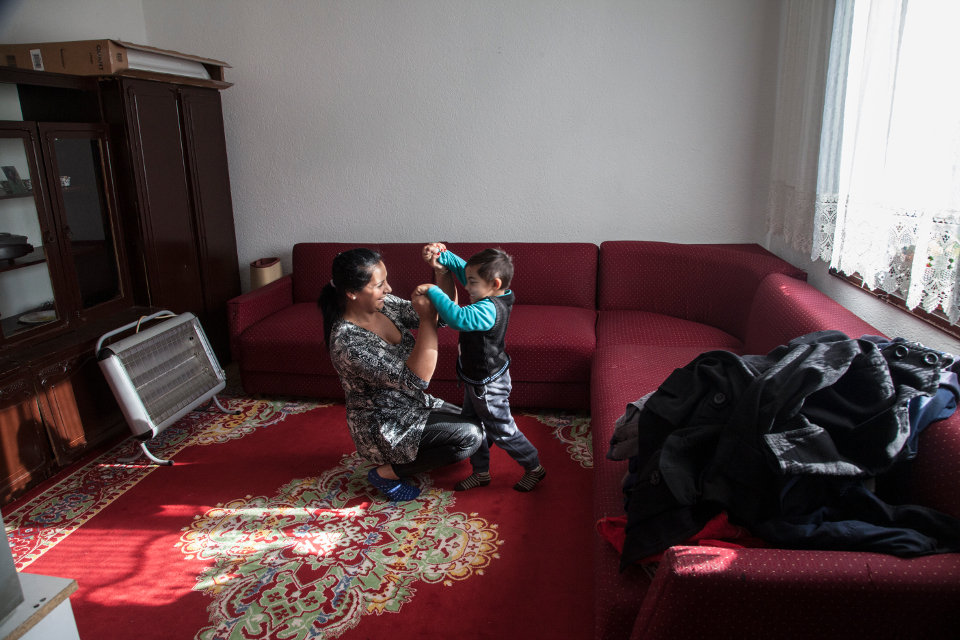
26-year-old Firdez Ademoska is a Roma woman and a mother of three children. She started dating her husband at the age of 11 and left her home to move in with him at the age of 13. Her parents took her back home but she ran away several times. Her parents gave up and allowed her to get married at the age of 15. She quit school after getting married. She now stays at home looking after the children and taking care of the household, and occasionally she works seasonal jobs.
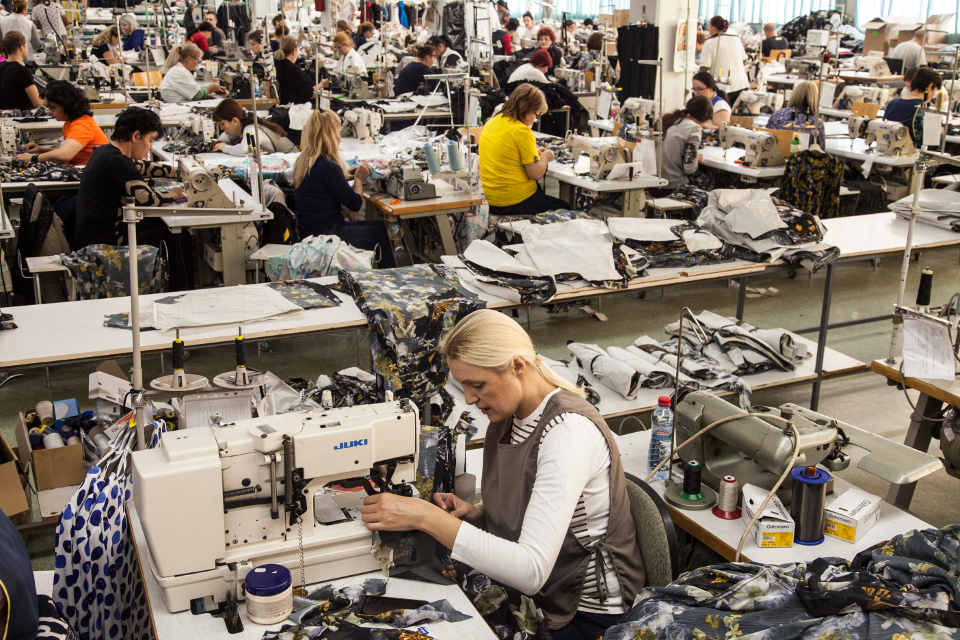
This textile factory in Shtip, in the south of the former Republic of Macedonia, employs about 120 women, who make textile garments mostly for Italian and German brands. There is still not a minimum wage in the textile industry and it is expected to be enforced in 2018. Women make up the majority of workers in this industry in the country.
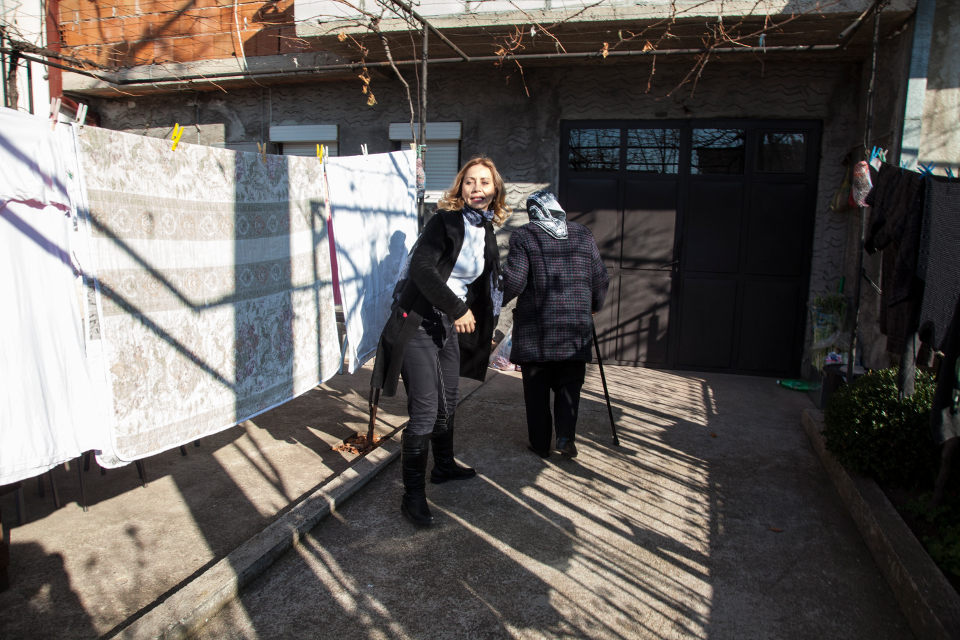
Natasa Taseva from Shtip realized the need for helping the elderly who live alone. She started helping elderly women and men, including couples, with their everyday lives at no cost. Soon after, she set up her own start-up to provide care for the elderly.
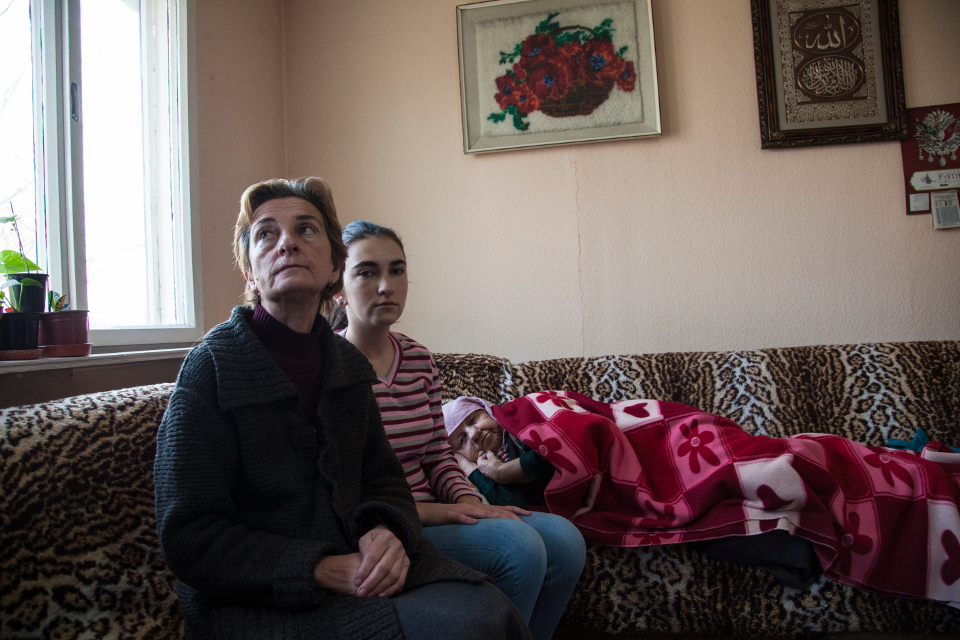
52-year-old Gonul Eyup is a Turkish minority woman living in Chento. She takes care of her 82-year-old mother and is also responsible for the domestic work. She is unemployed and relies solely on social benefits and pensions of around 175 Euro a month to make a living. Their house was flooded during heavy rainfall in August 2016.
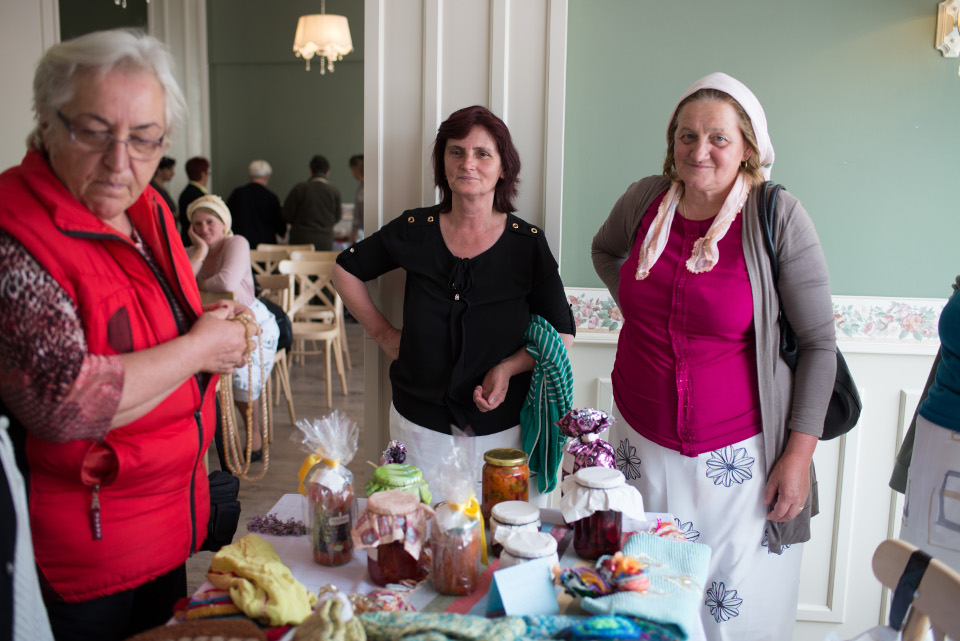
Rural women in Debarski Banji, a picturesque region in the west of the former Yugoslav Republic of Macedonia, try to make profit from their unpaid labour at a crafts and food market. The local women in this region rarely leave their homes and don’t know how to sell their products. The market was a starting point for them to share experience, socialize and earn money. This local outreach action was part of the UN Women Regional Project on Gender-Responsive Budgeting, supported by the Swiss Agency for Development and Cooperation and the Austrian Development Agency.